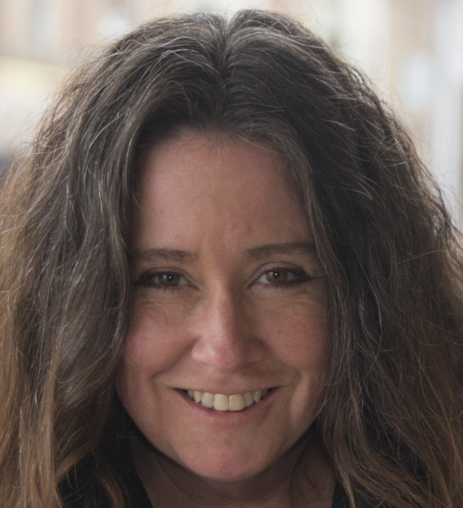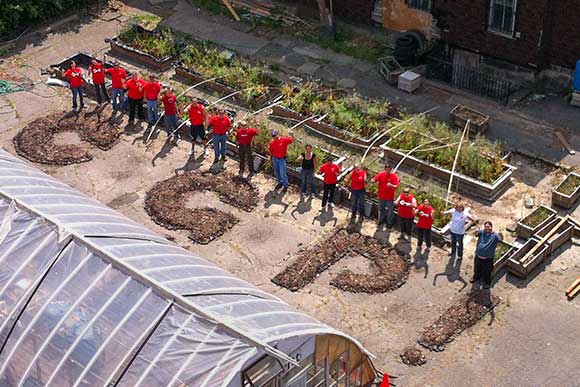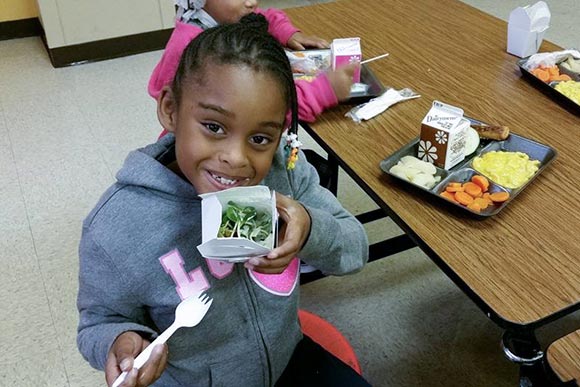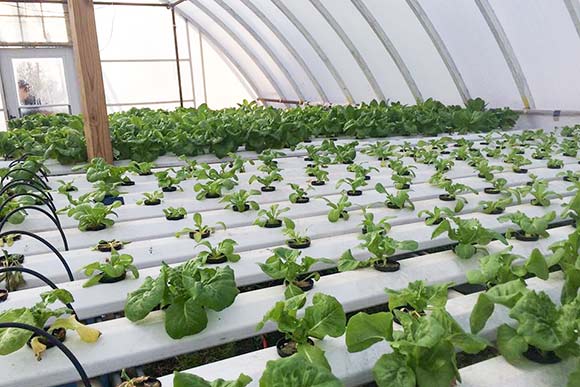Winter is coming … and so is fresh local produce and permaculture from the urban greenhouses of CGP
Community Greenhouse Partners (CGP), an urban greenhouse and farm, is about to fly in the face of winter with fresh produce and an all-season teaching venue for an array of people,including some of the city's most disadvantaged youths.
This beacon of all things organic, sustainable and green will also continue to sell their produce at affordable prices even as the snow flies.
"We happily sell out the back door," says CGP executive director Timothy Smith, inviting anyone and everyone to visit this unique farm in the middle of the city at 6527 Superior Road. "Come and see. Come and help us harvest your greens."
Hours are between 9 a.m. and 3 p.m. during the week. The organization also sets up shop every Saturday at Coit Road Farmers' Market and on Wednesdays from June through September at Gordon Square Market.
The greenhouse will operate through the winter courtesy of a compost heater, designed and built by engineering students from Cleveland State University (and funded by Virtec Enterprises). The system heats the farm's hydroponic water system to a balmy 70 degrees, keeping the roots of the plants warm even in winter.
Current crops include lettuce, kale, arugula, root crops and CGP's specialty, sunflower microgreens, which include the first stem and leaf of the sunflower plant.
"They are nutty and sweet and crunchy," says Smith. "They taste a little bit like a sunflower seed. Some people say they taste like green beans or asparagus." He recommends them raw in a salad, as a sandwich topper or a salsa add-in. "I tend to sauté a handful of them in a little bit of butter and add my eggs."
Touting the plant's nutritional value, Smith tags protein, B vitamins, folic acid and antioxidants. "They're a superfood that's healthier than kale," he says of the tender greens. "We sell lots of them."
The group also offers up handmade value-added items such as apple jelly, herbed vinegars and cherry tomato chutney, which Smith describes as sweet and spicy hot. "It is delicious."
The CGP site was formerly a Catholic Church campus. Working the farm are any number of revolving volunteers and seven interns who live in what used to be the rectory, which was originally a farmhouse built in 1865. The interns get room and partial board in exchange for 20 hours of work per week. The live-in staff changes, with candidates coming from schools, internship programs and the World Wide Opportunities on Organic Farms program, which links international volunteers with organic farmers and growers. Working visitors of CGP have come from New Zealand, France, Peru, England and Germany.
While the organization is all about outreach and has engaged in educational and volunteer partnerships with Case Western Reserve University, Hawken School and an array of interested parties and downtown residents, CGP's work with students from the Saint Francis Elementary School truly exemplifies Smith's goal of teaching permaculture -- a hands-on learning approach to the ethical care of people and the planet that creates a "fair share" environment.
The Saint Francis partnership starts aptly enough in the school's cafeteria with microgreen salads purchased from CGP once a month for student lunches.
"They love them," reports Smith of the students' reactions to the monthly salad delivery, which started in September. "They tear into them. They're so excited when we bring them in."
The kids also have monthly science classes at the farm, where they learn all about urban farming with hands-on instruction on topics such as composting, microgreen planting, bed preparation and harvesting crops like green beans.
Sometimes, however, just showing kids where vegetables come from – out of the ground - sparks an epiphany.
"You can see them make the connection: this is where (food) comes from. The light bulb goes on," says Smith. "It's remarkable just to watch them," he adds, noting that the Saint Francis students are largely disadvantaged.
"They're really smart and they want to learn," says Smith. "They're hungry for information and they're hungry for good food."
Community Greenhouse Partners is soliciting donations for an expansion that will include doubling the organization's greenhouse space from approximately 1,250 to 2,500 square feet and transforming CGP's growing system from hydroponic to aquaponic, which will utilize fish as living natural fertilizers. Click here to help the urban farm meet its $12,000 goal.




